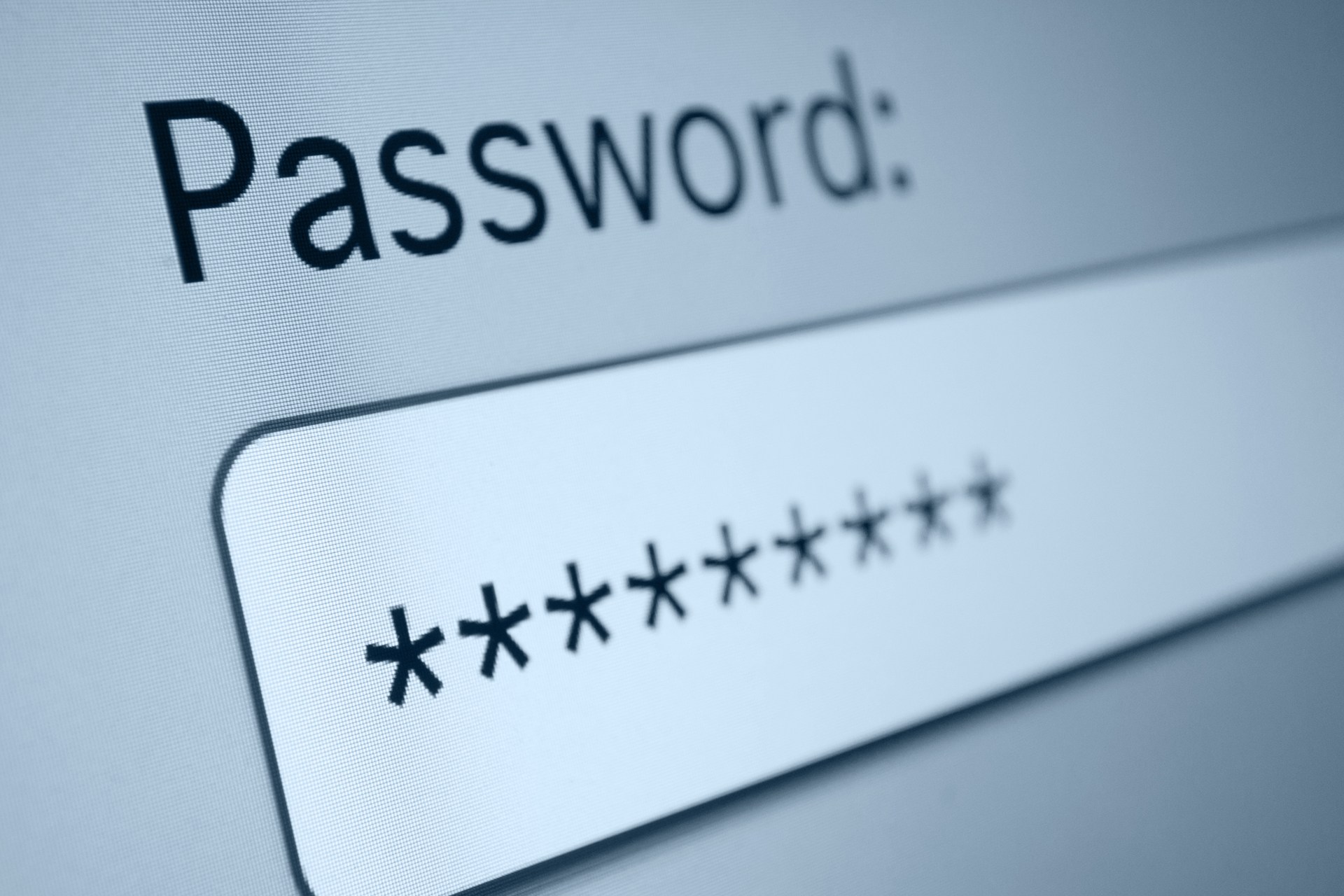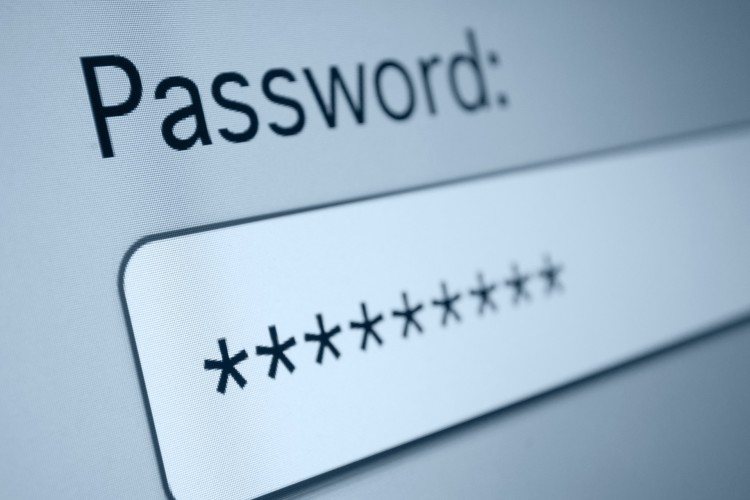Don’t worry, your password is safe, but yes, a researcher named Mark Burnett has leaked a huge collection of usernames and passwords onto the internet, with the main reason for doing so being a good one. Burnett’s leakage is designed to make it easier for other researchers to understand the trends behind the passwords people choose.
Of course, passwords are secret, so it’s very difficult to gather data on habits behind which passwords people choose. Burnett claims the 100 million passwords were “generally available to anyone and discoverable via search engines in a plaintext (unhashed and unencrypted) format and therefore already widely available to those with an intent to defraud or gained unauthorized access to computer systems.”.
SEE ALSO: Spider-Man Coming To New Marvel Movies
Of course it is a bit illegal – but the data in itself is massively valuable to security software developers and researches in the field of digital security. But there are two sides to the security coin – could hackers or those with bad intentions use the data to make it easier to break into websites?
It does seem to be a likelihood, but on the flip side of the flip side if the data is used for evil then by the same methods a solution can be found. All in all there are massive benefits in having such a huge database – for the first time it’s easy to see the varying strengths of passwords, as well as the kind of key words people use.

The word ‘bacon’ could be found to be more common than the words ‘mushroom’ for example – meaning that in the future passwords containing bacon could be deemed less effective. On a side note does anyone else feel like ordering pizza?
SEE ALSO: Office 16 Beta Begins, Windows 10 Dated
All jokes aside, Mark Burnett is a brave man and we should all thank him for the research he has done and the sacrifice he has made – on his blog he implores law enforcement not to come after him for the leak, claiming he’s doing us all a service. We believe him. Do not arrest this man.
You can download the treasure trove of outdated (or maybe not) passwords and user names from the link below on Mark’s blog, as long as you promise not to do anything naughty with the information. If you’re worried your data is in the trove, do a search of the data, and if you do see something familiar we recommend changing your info, fast.
Source: Xato.com
Via: Techcrunch

